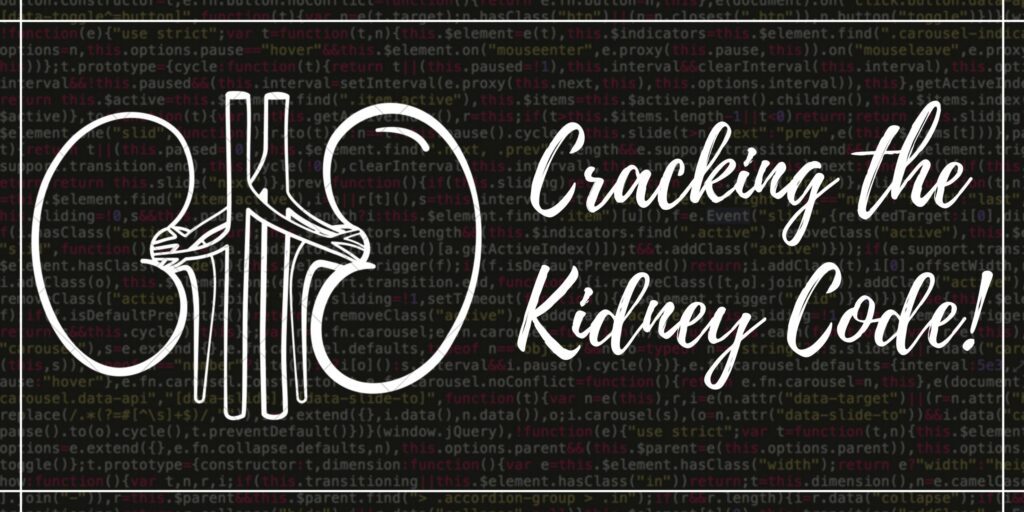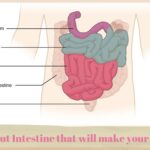Functions of kidney
Functions of kidney, its problems and cure are expounded in this article. The kidneys are two bean-shaped organs that are reddish-brown in colour and present in vertebrates. Located on the left and right sides of the retroperitoneal cavity, they measure around 12 centimetres in length in adult humans and are found on both sides of the body. A set of renal arteries provide them with blood, while a set of renal veins expel it. The kidneys eliminate waste materials and extra fluid from the body as a primary function. The body expels these wastes and surplus fluids through urine. Urine production is a multi-step process including excretion and reabsorption. This procedure is important in order to keep the chemical composition of the body in check. The kidneys play a key role in regulating the body’s salt, potassium, and acid levels. Additionally, the kidneys create hormones that influence the functioning of other organs. Red blood cell formation, for instance, is stimulated by a hormone generated by the kidneys. Other renal hormones help in calcium metabolism and blood pressure.
Functions & Diseases of Kidneys
Every 24 hours, the kidneys filter and return around 190 litres of fluid to the circulation, which keeps the body alive and for a healthy life, proper functioning of kidneys is mandatory. Functions of kidney include removing toxic substances as well as medication residue from the body. In the form of urine, roughly two litres are eliminated from the body, and about 187 litres are retrieved. Our pee has been held in the bladder for anything from one to eight hours. Chronic kidney disease is characterised as having a kidney anomaly, or “marker,” such as protein in the urine, for three months or more, and having impaired kidney function. Numerous causes can contribute to chronic renal illness. Diseases such as diabetes and high blood pressure can harm the kidneys. Some kidney diseases are hereditary and pass down through generations. Others are congenital, which means that people are born with a kidney abnormality that limits their ability to function properly. Some of the most common types and causes of renal damage are listed here. Diabetes is a condition in which the body does not produce enough insulin or uses it appropriately. This causes elevated blood sugar, which can cause issues throughout the body. Diabetes causes kidney damage. Hypertension causes kidney damage and other consequences including heart attacks and strokes. High blood pressure develops when blood forces against artery walls. Controlling high blood pressure reduces the risk of consequences like chronic renal disease.
Diseases of Kidneys
Glomerulonephritis is an inflammation of the glomeruli, the kidney’s small filtration units. Glomerulonephritis can occur abruptly, like strep throat, and then go away. However, the condition may develop slowly over years, causing gradual kidney failure. Functions of kidney entail regulating the body’s fluids and releasing blood pressure-controlling hormones. Most hereditary kidney diseases are polycystic. It causes kidney cysts that grow over time, causing major kidney damage and possibly renal failure. Alport’s Syndrome, primary hyperoxaluria, and cystinuria are all hereditary kidney disorders. Kidney stones are frequent and can cause severe back and side discomfort. Kidney stones can be caused by a hereditary disease that causes excessive calcium absorption from diet, or by urinary tract infections or blockages. Medications and nutrition can sometimes help avoid recurring stones. If the stones are too big to pass, treatments can remove them or break them down into little fragments that can pass. Infections in the urinary tract generate symptoms such as discomfort, burning, and increased urination. These infections usually attack the bladder, but can also damage the kidneys, causing fever and back discomfort.
Healthy Kidneys
Toxins and drugs can potentially harm kidneys. Long-term use of OTC pain relievers may harm the kidneys. Other substances, like heroin and crack, can harm the kidneys. Functions of kidney involve creating an active version of vitamin D that supports strong, healthy bones as well as regulating red blood cell synthesis. Choose heart-healthy foods like fresh fruits, whole grains, vegetables, and low-fat or fat-free milk products. Eat healthful meals and avoid extra sweeteners. Get 30 minutes of exercise most days. If you aren’t active currently, talk to your health care professional about the best sorts and quantities of exercise for you. If you are obese or overweight, consult with your doctor or dietician to develop a realistic weight-loss strategy. Get 7–8 hours of sleep every night and if you have difficulties sleeping, change your sleeping patterns. Stop smoking or using tobacco products and solicit assistance so you are not alone. Drinking too much alcohol elevates blood pressure and adds calories to the body, resulting in fat growth. If you drink, limit your intake of alcohol as per the advice from your health care professional. Learning to relax and cope with issues can enhance mental and physical health. Mind-body therapies including meditation, yoga, and tai chi can help relieve stress.



